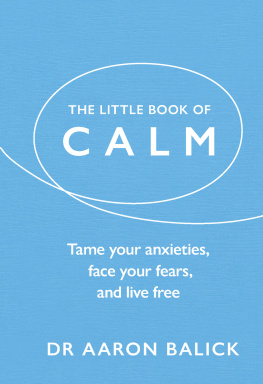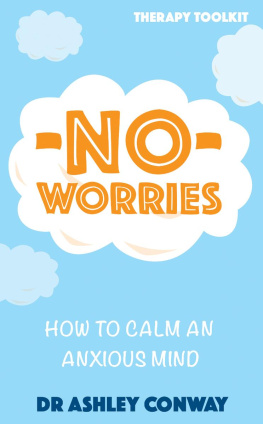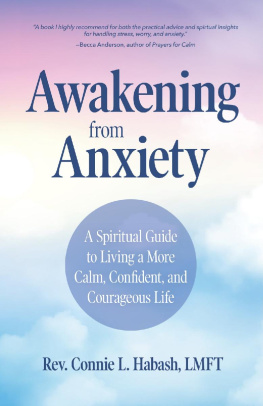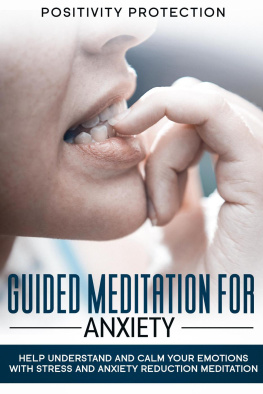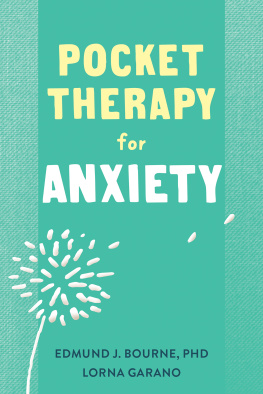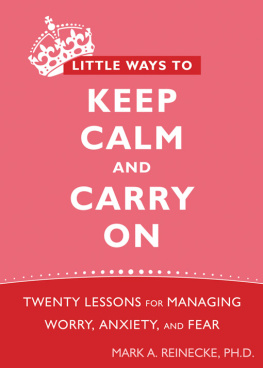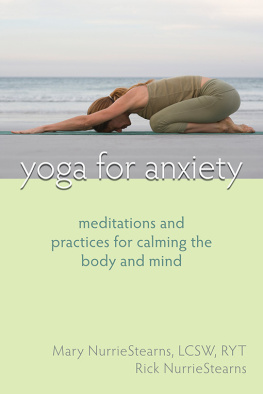Contents
This ebook is copyright material and must not be copied, reproduced, transferred, distributed, leased, licensed or publicly performed or used in any way except as specifically permitted in writing by the publishers, as allowed under the terms and conditions under which it was purchased or as strictly permitted by applicable copyright law. Any unauthorized distribution or use of this text may be a direct infringement of the authors and publishers rights and those responsible may be liable in law accordingly.
Epub ISBN: 9781473552111
Version 1.0
3 5 7 9 10 8 6 4 2
Rider, an imprint of Ebury Publishing,
20 Vauxhall Bridge Road,
London SW1V 2SA
Rider is part of the Penguin Random House group of companies whose addresses can be found at global.penguinrandomhouse.com
Copyright Aaron Balick 2018
Cover design: Two Associates
Aaron Balick has asserted his right to be identified as the author of this Work in accordance with the Copyright, Designs and Patents Act 1988
First published by Rider in 2018
www.eburypublishing.co.uk
A CIP catalogue record for this book is available from the British Library
ISBN 9781846045547
Contents
ABOUT THE AUTHOR
Dr Aaron Balick is a clinical psychotherapist with twenty years of experience. He has taken the amazing insights from psychology out of the consulting room and made them accessible to the wider world. He has been an agony uncle on CBBC and BBC Radio 1 as well as a mental health expert on television, online, and in print. He speaks internationally, offering a better understanding of the psychology of everyday life.
Aaron lives in London where he is the director of an innovative psychology hub, Stillpoint Spaces.
ABOUT THE BOOK
The Little Book of Calm has the magic formula for anxiety.
This definitive book, written by a trained psychotherapist, who regularly appears on CBBC and BBC Radio 1, offers techniques, advice and inspiration on the best and most effective ways to manage anxiety.
From exercises to help you put your worries into perspective, to relaxation methods for when anxiety attacks, Dr Aaron Balick shows you how to feel more at ease and sustain a sense of calm.
INTRODUCTION

Sometimes life can be a struggle, and finding calm in the face of lifes challenges doesnt always come naturally. Once we accept that these challenges are life, not something apart from it, we can meet them with equanimity.
As a psychotherapist with twenty years of experience, Ive worked with hundreds of people to help them find this equanimity in relation to their lifes challenges. I have learned that theres no magic bullet that works for everyone. The trick is to find strategies that work for you, and the rest is about acceptance.
I have also learned that most people underestimate their capacities to meet their lifes challenges. I never cease to be amazed by what people can accomplish when they let go of their imagined limits to face their possibilities with an open heart.
This book is drawn from my experiences across the years of working with people to help them find the resources they need, not only to meet lifes challenges, but to revel in them. Different approaches speak to different people, so I suggest you find the ones that ring true for you.
Each section offers either an accessible suggestion or technique to help you find calm, or a different way of seeing the world that may better enable you to accept lifes difficulties as they come along. Each suggestion comes straight from clinical experience, the latest research, psychology and philosophy, or via the mouths of those much wiser than I.
Read the book straight through or open to a page at random. Think on it, practise it, and find your calm.
All shall be well, and all manner of things shall be well.
JULIAN OF NORWICH
WHAT IS ANXIETY?
Anxiety is universal. Its an uncomfortable and unnerving feeling of worry or concern. Often we feel anxious about an actual thing, but anxiety can also be free-floating or undirected.
Most of us experience anxiety about something that might happen in the future (anticipatory anxiety) or about something that happened in the past (retrospective anxiety).
On a more profound level there is existential anxiety those discomfiting feelings we have about our place in the world, the meaning of life, big life choices, change, ageing, and the knowledge that someday we will die.
While it is natural to feel anxiety occasionally, it can impact negatively on your life if you feel it constantly or especially strongly. Sudden bouts of anxiety are called panic attacks.
The good news is that you dont need to be powerless in the face of your anxiety. You can learn to control it, and some of the ways to do that are actually quite simple. You can also learn to expand your tolerance of anxiety, so when you do experience it, it isnt so bad.
Anxiety can be a fact of life but by keeping it in perspective, it doesnt have to get in the way of you enjoying your life.
What does not destroy me makes me stronger.
FRIEDRICH NIETZSCHE
CORTISOL, ADRENALINE, AND NOREPINEPHRINE
These hormones are the holy trinity of stress. They are behind the butterflies in your stomach and the buzzing in your brain.
Adrenaline and norepinephrine work together towards your fight or flight response. You can literally feel them pumping into your chest when youve been given a good scare.
Cortisol is slower to kick in but similarly prepares your brain to be awake for lifes challenges. If were stressed a lot, our levels of cortisol can remain high.
While our bodies mean well by producing these hormones to prepare us for life, more times than not they overestimate the threat and we get worked up for nothing.
By learning to respond to stress triggers in better ways, we can also train ourselves not to overreact, which means a calmer response to just about everything.
WORK YOURSELF UP, OR WORK YOURSELF DOWN
Whenever you find yourself getting wound up and anxious about something, you can go one of two ways: work yourself up, or work yourself down.
Next time you notice your worrying thoughts swirling around with images of disaster lining up in some sadistic competition to scare you witless, you can be sure youre working yourself up. Youll know this because your breathing will be faster, your heart rate will increase, and youll be thinking thoughts at the speed of an Olympic velodrome champion. Thats your sign to stop.
Dont work yourself up: work yourself down instead. Slow down the breath, pause the thoughts, and dim out the images. This takes an act of will. Get in the way of your runaway mind and work your way down.
GOOGLE EARTH YOURSELF THE HELL OUT OF THERE
When youre anxious your worries take up all the space in your head they become everything. When this happens, its time to Google Earth yourself the hell out of there.
Close your eyes and imagine seeing yourself from above like in Google Maps. Then zoom out and see yourself getting smaller and smaller. See your home, then pan out slowly to your neighbourhood, and further again to your town or city, your country, your hemisphere.

